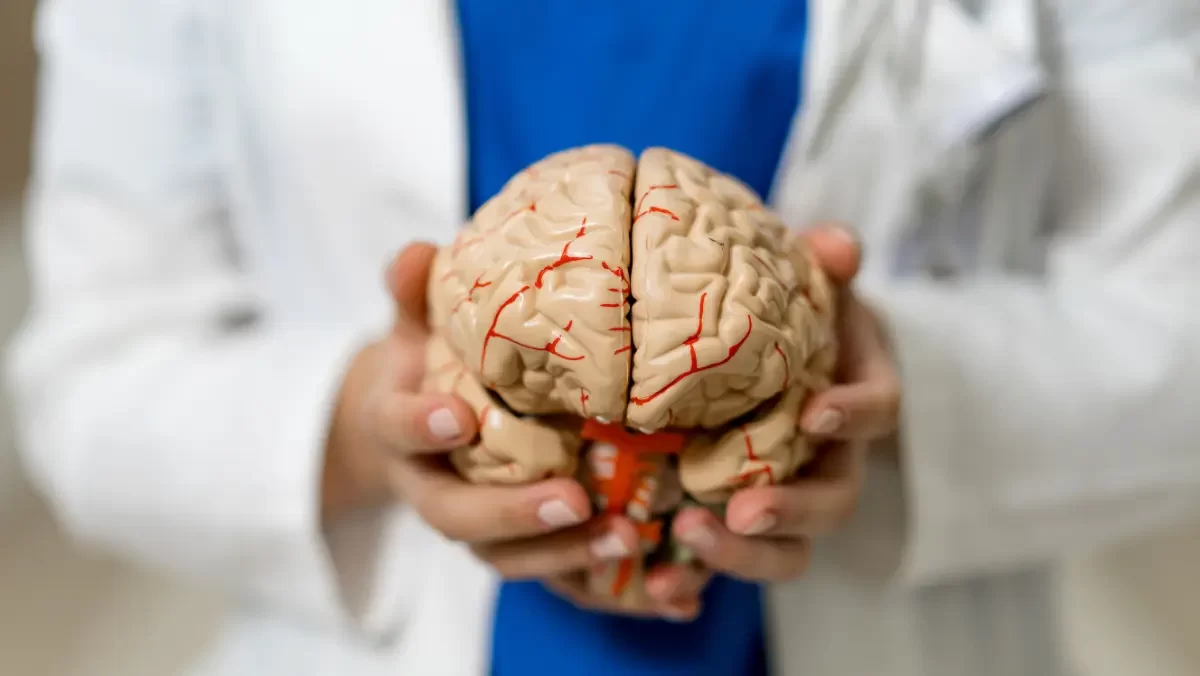Neurology is a branch of medicine that deals with the diagnosis, treatment, and prevention of disorders related to the brain, spinal cord, nerves, and muscles. It is a specialized field that requires a deep understanding of the nervous system, which controls almost every function in the body. Neurological disorders are common, affecting millions worldwide, ranging from mild conditions such as headaches to severe diseases like Alzheimer’s disease, Parkinson’s disease, and multiple sclerosis. Timely intervention and appropriate care can greatly improve the quality of life for those suffering from neurological conditions. As the field of neurology continues to advance with new technologies and research, the potential for more effective treatments increases, offering hope to patients with previously difficult-to-manage conditions.
Symptoms of Neurological Disorders
Neurological disorders can present with a wide array of symptoms, which can vary significantly depending on the type and severity of the condition. Common symptoms include persistent headaches, dizziness, unexplained changes in vision, and difficulty with movement. More serious signs might involve partial or complete paralysis, memory loss, difficulty speaking, and seizures.
- Headaches: Chronic or severe headaches may signal neurological issues.
- Weakness or Paralysis: Unexplained weakness, especially on one side of the body, can indicate a stroke or other neurological problem.
- Seizures: Sudden, uncontrolled electrical activity in the brain can lead to convulsions or other symptoms.
- Memory Loss: Significant memory decline, such as forgetting daily tasks, may be a sign of conditions like dementia.
Other neurological symptoms might include balance problems, numbness or tingling, and cognitive changes. Early detection of these symptoms can be critical in managing the underlying disorder effectively.
Types of Neurological Diseases
Neurological diseases encompass a wide range of conditions that affect the nervous system. These include neurodegenerative disorders, movement disorders, cerebrovascular diseases, and neurological infections, among others. Alzheimer’s disease and Parkinson’s disease are two of the most well-known neurodegenerative conditions, both of which lead to progressive loss of cognitive function and movement control.
- Neurodegenerative Diseases: Conditions like Alzheimer’s and Parkinson’s, where progressive nerve cell degeneration impairs cognitive and motor functions.
- Cerebrovascular Diseases: Strokes and transient ischemic attacks (TIAs) occur when blood flow to the brain is disrupted, leading to potential brain damage.
- Epilepsy: A neurological disorder marked by recurrent seizures caused by abnormal brain activity.
- Multiple Sclerosis: An autoimmune disorder that affects the central nervous system by damaging the protective covering of nerve fibers, leading to a variety of symptoms.
Other types of neurological diseases may include infections like meningitis, as well as conditions such as migraines, brain tumors, and spinal cord injuries.
Diagnosing Neurological Disorders
The diagnosis of neurological disorders requires a thorough assessment, as the symptoms can be similar across various conditions. A neurologist will typically start by reviewing the patient’s medical history and conducting a physical examination. Diagnostic tests, such as MRI or CT scans, are essential in identifying structural abnormalities in the brain and spinal cord.
- Imaging Tests: MRI and CT scans are often used to detect brain tumors, strokes, and other neurological issues.
- Electroencephalogram (EEG): Used to measure electrical activity in the brain, particularly helpful in diagnosing conditions like epilepsy.
- Cerebrospinal Fluid (CSF) Analysis: CSF testing helps detect infections or conditions like multiple sclerosis or brain bleeds.
- Genetic Testing: In cases where a hereditary neurological disorder is suspected, genetic testing can help confirm the diagnosis.
Accurate diagnosis is crucial for determining the best course of treatment and management, as many neurological disorders require specific interventions. In addition, hematology plays a key role in diagnosing conditions like anemia, clotting disorders, or blood cancers, which can sometimes have neurological manifestations. Conditions such as a stroke, multiple sclerosis, or brain tumors often require comprehensive evaluation of both blood and neurological health.
By integrating hematology with neurology, healthcare providers can ensure the proper treatment for conditions that may affect the nervous system and blood, improving patient outcomes. This multidisciplinary approach helps identify underlying causes, manage symptoms effectively, and prevent complications.
Treatments and Procedures
Treatment for neurological disorders can vary greatly depending on the specific condition, the severity of symptoms, and the overall health of the patient. Medications such as anticonvulsants, pain relievers, or antidepressants are commonly prescribed for managing symptoms of various neurological conditions. For example, drugs like levodopa are often used to treat Parkinson’s disease.
- Medications: Anticonvulsants, antipsychotics, and antidepressants help control seizures, manage psychiatric symptoms, and treat depression associated with neurological diseases.
- Surgical Interventions: In cases such as brain tumors, stroke, or traumatic brain injury, surgery may be required to remove abnormal growths or repair damage.
- Physical Therapy: Rehabilitation therapies, including physical and occupational therapy, are critical in helping patients recover from conditions like stroke or spinal cord injuries.
- Neurostimulation: Techniques such as deep brain stimulation are used in managing conditions like Parkinson’s disease, where electrical impulses are sent to specific parts of the brain.
Innovative treatments, including gene therapy and stem cell research, are also showing promise in offering new avenues for treating previously untreatable neurological disorders.
Diseases and Conditions
Neurological diseases can affect any part of the nervous system, leading to a wide variety of symptoms and challenges for patients. Conditions like Alzheimer’s disease and multiple sclerosis can gradually affect memory, cognition, and motor skills, while conditions like epilepsy can cause sudden and uncontrollable seizures. Stroke, which occurs when blood flow to the brain is disrupted, can lead to long-term disability depending on the area of the brain affected.
- Stroke: A medical emergency that occurs when the blood supply to the brain is interrupted, leading to loss of function on one side of the body.
- Alzheimer’s Disease: A neurodegenerative disorder that causes memory loss, confusion, and a decline in cognitive abilities.
- Parkinson’s Disease: A movement disorder characterized by tremors, rigidity, and bradykinesia (slowness of movement).
- Epilepsy: A chronic disorder marked by recurrent seizures, which can be either focal or generalized.
Many neurological conditions are chronic and require ongoing management to improve quality of life. Timely and appropriate treatment can help mitigate the severity of symptoms and prevent further complications.
Conclusion
Neurology is a vital field of medicine that addresses conditions that can profoundly affect a person’s quality of life, from minor neurological disturbances to life-threatening diseases. Early detection and appropriate treatment are critical in managing these disorders, making neurology an essential specialty for maintaining health. If you or someone you know is experiencing neurological symptoms, seeking help from a qualified professional is the first step toward recovery. At Prime Indian Hospital, we are committed to offering advanced neurological care with the latest diagnostic tools and treatment options, ensuring that our patients receive the highest quality of care possible.














